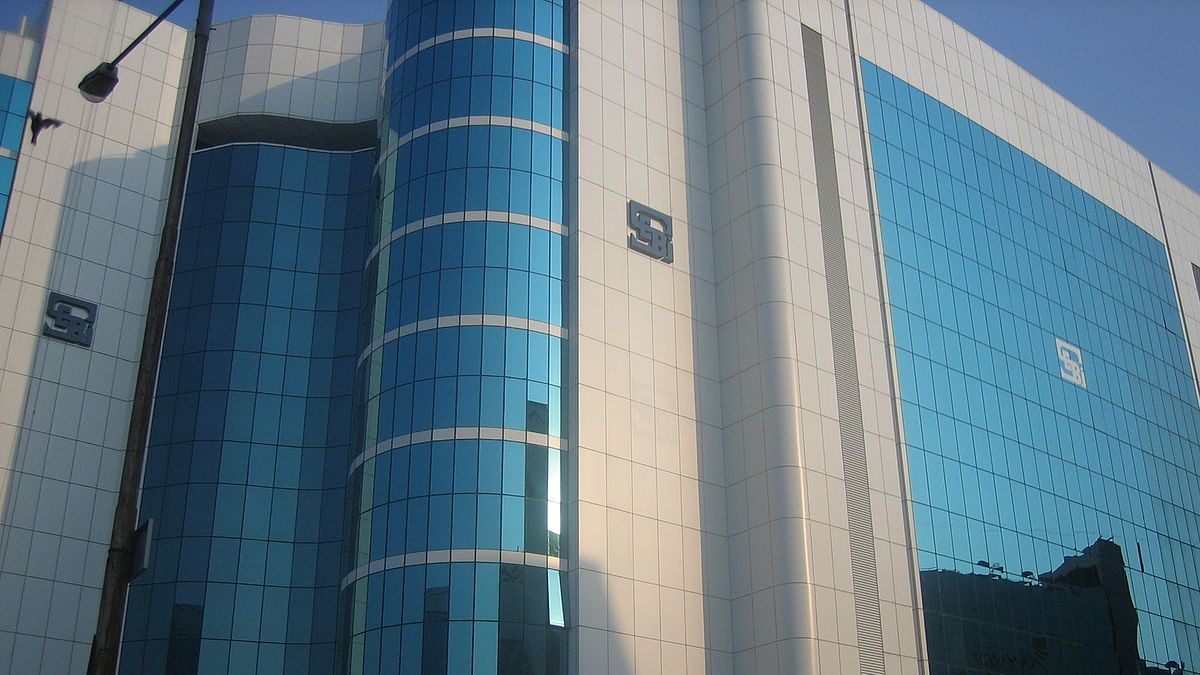India’s securities regulator, the Securities and Exchange Board of India (SEBI), is investigating six domestic investment banks involved in small business IPOs, according to Reuters sources. The investigation stems from concerns about malpractice in the booming IPO market for smaller firms, focusing on unusually high fees charged by these banks.
According to Reuters, the investigation began earlier this year, with SEBI examining the fees charged by these banks. Sources told Reuters that at least half a dozen investment banks are charging fees as high as 15% of the funds raised through IPOs, significantly higher than the industry standard of 1-3% in India. Reuters was unable to confirm the names of the banks under investigation, and SEBI did not respond to requests for comment.
These probes come as part of SEBI’s broader efforts to protect investors and introduce tighter regulations for small business IPOs, according to Reuters. India’s small businesses, with turnovers ranging from 50 million to 2.5 billion rupees ($600,000-$30 million), list on separate sections of the Bombay Stock Exchange (BSE) and the National Stock Exchange (NSE). These listings have fewer disclosure requirements and are cleared by the exchanges rather than SEBI, as reported by Reuters.
Preliminary findings from SEBI suggest that the high fees are being charged to guarantee that these offerings are oversubscribed, according to Reuters sources. One source explained to Reuters that some banks and investors may be coordinating bids that are not genuine, aiming to create the illusion of higher demand, which attracts more investments from other investors.
According to Reuters, India has over 60 investment banks actively involved in IPOs for small businesses, a market segment that has been thriving. In the last fiscal year, 205 small firms raised 60 billion rupees, compared to 125 firms raising 22 billion rupees the previous year, according to data from PRIME Database cited by Reuters. Between April and August this year, 105 small firms raised 35 billion rupees, with more than two-thirds of the offerings oversubscribed, according to Reuters.
SEBI has expressed concerns about the lack of checks and balances in these IPOs, and senior SEBI official Ashwani Bhatia recently indicated that tighter rules would soon be introduced, Reuters reported. As part of these changes, SEBI capped share gains for small firms’ first day of trade at 90% in July, according to Reuters.
Reuters sources also mentioned that SEBI has asked auditors and exchanges to be more vigilant and to halt IPOs where there are concerns about the information provided in documents. The regulator is working on 12-15 action points to improve how smaller firms conduct IPOs, as part of its effort to bring more transparency to the process, according to Reuters.


